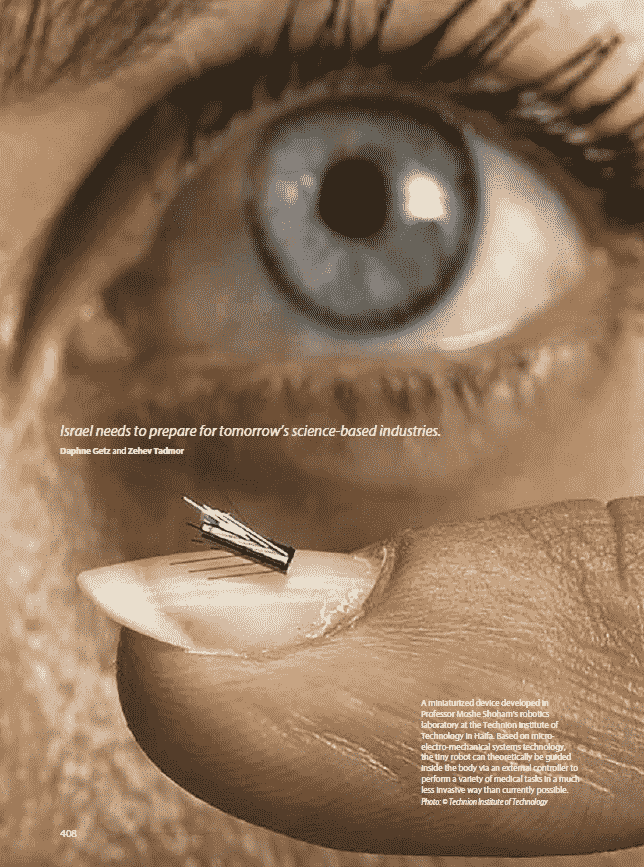At UNESCO’s request from Dr. Daphne Getz, SNI has written a chapter about science, technology, and innovation (STI) in Israel. The chapter was published as part of the UNESCO Science Report 2015, towards 2030.
Experts from about 60 countries described in the report the trends and developments in science, technology, and innovation policy in their country during 2009-2015.
The report provides vital information about the countries’ priorities and the subjects on which they wish to focus and to continue to develop in the coming years.
The chapter on Israel consists of six parts. The first part is an introduction and includes a geo-political and economic overview, the effect of Israel’s accession to the OECD as a member and a review of the labor market in Israel. The four main sections of the report discuss trends in R&D in Israel, trends in STI policy, trends in the private R&D sector, and trends in collaboration in science, technology and innovation with other countries and international organizations. The summary section of the report presents the main issues raised in the report, with emphasis on Israel’s main objectives in the areas of STI, including the following.
- The Israeli economy is driven by industries based on electronics, computers, and communication technologies. The next waves of technologies are expected to arrive from other fields, such as molecular biology, nanotechnology, and materials science combined with ICT. In the absence of a national policy for the higher education system, educational institutions will find it difficult to provide the knowledge, skills, and manpower necessary in these science-based industries.
- Formulating an STI strategy to be shared by all interested parties.
- In recent years, interdisciplinary scientific research in fields such as bioinformatics, nano-biology, computational biology, biomaterials, systems biology and neuroscience has developed in the academe in Israel, but has not yet reached the stage of implementation in Israeli industry. For these areas to become the next growth engines, we must formulate focused regulation and policies that will enable the infrastructure necessary to adapt the results of academic research to these areas for economic and applied usage.
The following is a link to UNESCO Science Report 2015: Towards 2030

